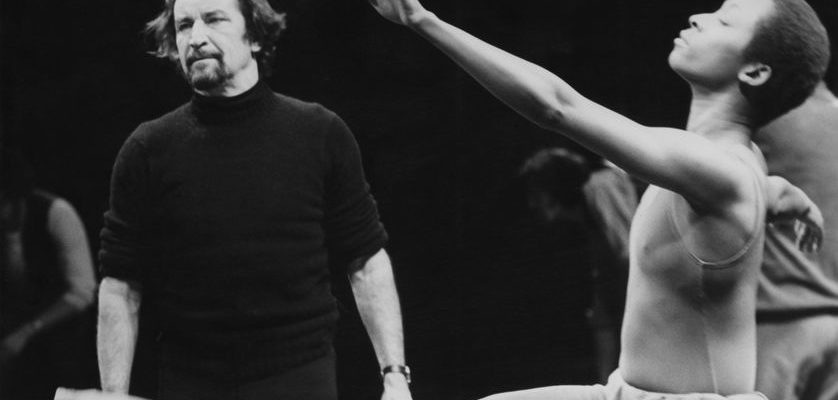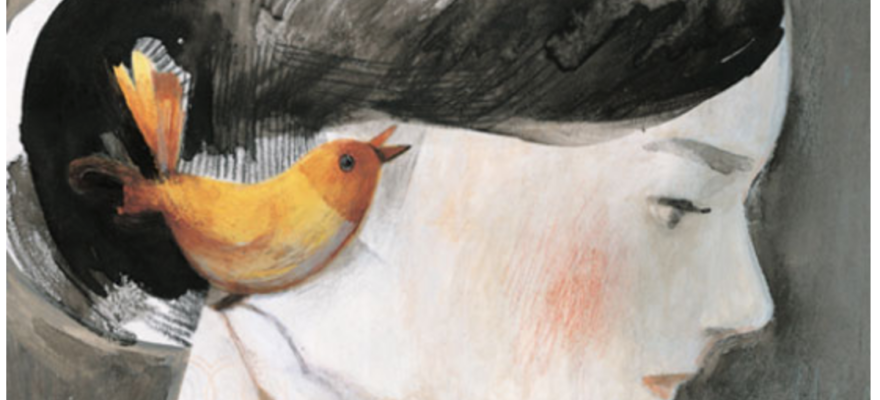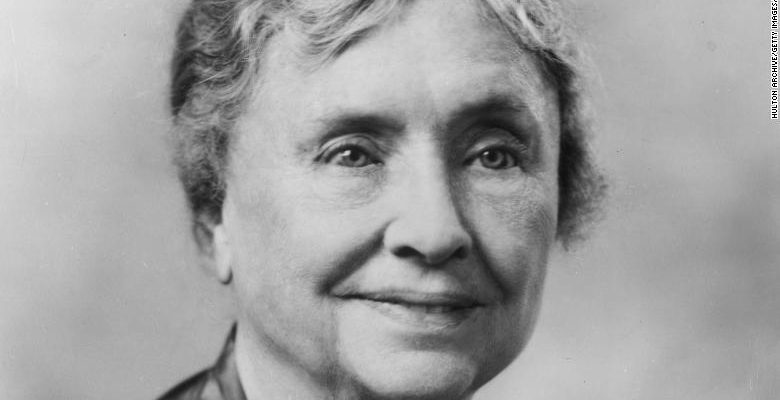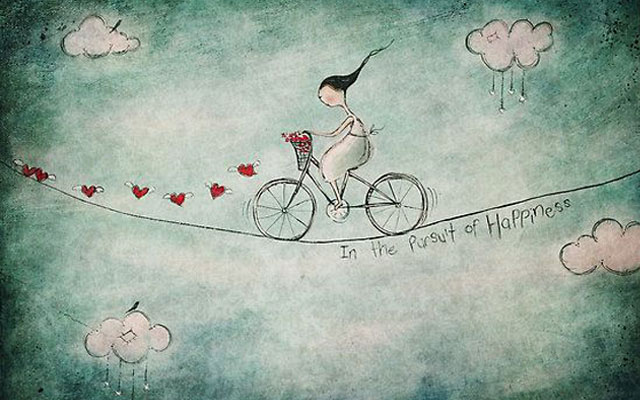In the dance, one finds the cinema, the comic strips, the Olympic hundred meters and swimming, and what’s more: poetry, love and tenderness, said Maurice Bejart, the exceptional choreographer, opera director and dancer. Long before neuroscience confirmed that our brains are wired to move along with music, dancing was there. Babies, children, and adults, all instinctively move to the rhythm of the music. Based on recent cognitive research, it seems like human beings are universally synchronized with the chords of music. Moreover, the rhythmic movement lifts our mood, regulates the mental and emotional fluctuations, and we become happier. Such …
Category: Psychology
Psychoanalytic therapy aims to explore the hidden emotions, repressed childhood memories, fantasies and thoughts affecting present behavior and relations of the client. The ultimate gain is a sound sense of self, contentment at a higher state of consciousness and self-mastery. The history of the psychoanalytical practice is not only long but it has been evolving ever since S. Freud’s work in psychoanalysis from 1915s up to present. Moving from the divan (couch) to psychoanalytic therapy wherein the client is relocated to the armchair facing the therapist and further on to the developmental approach founded by S. Freud’s daughter Anna …
The practice of psychology had started with two traditional schools: psychoanalytic and cognitive psychology from which further derivatives and styles of therapies would be formulated in tandem with advanced research in cognitive science and developmental psychology. Freud’s pioneering work with psychoanalysis at the turn of the 20th century and the Jungian approach to the unconscious, both prepared the field for psychological practices, primarily paving the way for psychoanalytical therapy in the 1930s. The next major school – Cognitive Behavioral psychology was founded in the late sixties by the developmentalists Bruner and Neisser. Here is a simplified outline …
Inner dialogue with oneself is an essential human condition states psychologist and anthropologist Victor Rosenthal, in his recent book Somebody is Talking. Murmuring, noisy, intuitive, singing, liberating, the conversation made with oneself is the characteristic of all human beings. From an early age on, one speaks to himself without any external trigger, relentlessly accommodates and comforts himself … in the form of talking aloud either through objects or directly with oneself… It allows us to reflect, to come back to our self while distinguishing us from our environment, and helps us to develop our sense of discernment for …
The impact of our perceptual patterns on the way we navigate the “self” has always been a cornerstone in understanding human behavior. Long before neuroscience started thought experiments on the nature reality, W. James put forward “ our view of the world is truly shaped by what we decide to perceive ” and that, in effect, shapes the world around us. C. Jung, firmly believing “ unconscious is our great guide ”, he proclaimed that the information stored in the unconscious plays up in decoding the world, and the manifestation of the self out there. It happens in daily …
“ The world is sown with good but unless I turn my glad thoughts into practical living and till my own field, I cannot reap a kernel of the good. The desire and will to work is optimism itself. ” Helen Keller (June 27, 1880–June 1, 1968), the outstanding woman who grew up without sight or hearing, in her quest for knowing she not only became learned in philosophy, history, math, science and world matters, but also became an intellectual activist, a “doer” for the good of humankind, and the society at large. She recounts the transforming experience …
“Resilience across writing is a good way to get out of the fog and light up your life” says Boris Cyrulnik, neuropsychiatrist and writer, having lost both his parents at the age of five, is a living model of how one develops resilience and can overcome the major dramas of life. When the word “resilience” was first used in physics it referred to a body’s ability to absorb an impact. Transformed to the human psyche, it is the capacity to transcend from traumatic experiences. Brené Brown defines resilience as a character quality “ it is how we fold our …
A most sincere and heartwarming watch on compassion: Karen Armstrong’s reward winning TED Talk. You can read more on compassion here: Seeking Small Acts of Goodwill
How to be happy? Where? With whom? When do we get happy? The question is asked as long as we are alive. We do evaluations and measurements of our happiness; then we may occasionally reach a conclusion : somewhat happy, sometimes happy, more or less happy, in the past or present, or will be in the future… We remember the last time we were happy, or it happens that we fantasize a possible future happiness. Sometimes we measure with what we have, sometimes we measure it as an extent of our expectations being fulfilled or just obtaining what we …
















Social Profiles